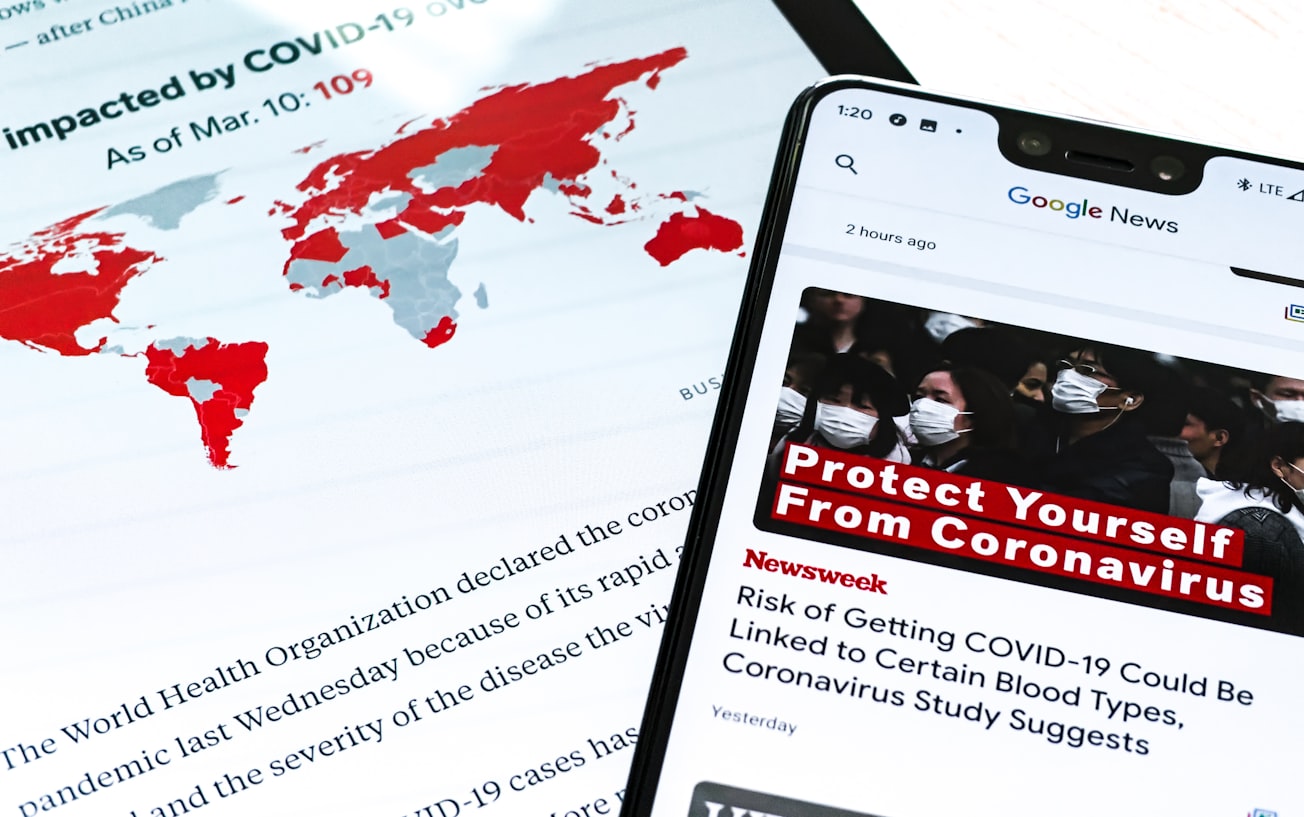What is it about?
The lessons should be learned from the COVID-19 pandemic. Smart cities are very popular in the world. It is associated with the efficiency of urban management and the quality of life of the residents. But the technologies of the smartest cities are also very useful to combat with the pandemic outbreak. While some countries were able to freely use these technologies to fight the pandemic, many others were restricted by their privacy protection legislation. The use of technology implies collecting, processing personal data, and making the collected data publicly available, and that may violate privacy. And that was the case in some countries during the COVID-19 outbreak, when some countries could effectively use smart cities technologies, while the others could not do it because of privacy protection regulation. The literature suggests looking for an approach that allows the effective use of smart city technologies during the pandemic, while complying with strict privacy protection legislation. This article explores the approach applied in Moscow, Russia, and demonstrates the existence of a hybrid model that might be considered a suitable trade-off between personal privacy and public health. This study contributes to the literature on the role of smart city technologies during pandemics and other emergencies.
Featured Image

Photo by Obi - @pixel6propix on Unsplash
Read the Original
This page is a summary of: Personal privacy VS. public safety: A hybrid model of the use of smart city solutions in fighting the COVID‐19 pandemic in Moscow, Public Administration and Development, October 2022, Wiley,
DOI: 10.1002/pad.1997.
You can read the full text:
Contributors
The following have contributed to this page










